Organic farming has grown significantly in importance and has been influenced globally since its modest beginnings in the first half of the previous century. This farming method primarily involves the production of food and livestock uniquely. It does not use herbicides, pesticides, weedicides, fertilizers, or genetically modified organisms. Instead, the farming technique relies on natural resources. You can categorize organic farming into two types: pure and integrated organic. Both of these techniques have their own set of advantages and disadvantages.

Organic farming primarily relies on natural means like manure and compost to maintain the quality of the soil ecosystem. At the same time, it ensures the health and well-being of human beings. In essence, organic farming is a production system that prioritizes preserving soil quality and the env, while safeguarding human health.
History Behind Types of Organic Farming
Do you know that chemicals were not used for farming before World War 2? They were only used after the war. Chemicals used during that period were used – for instance, ammonium nitrate was used as an ammonium nitrate fertilizer.
The philosophy of agriculture to live in harmony with nature has been a fundamental part of agriculture for thousands of years, and it is still practiced in many parts of the world, including India, China, and the Andes. This philosophy is also reflected in organic agriculture, which emphasizes the use of natural methods and processes, such as composting, crop rotation, and biological pest control, to maintain soil health and productivity while minimizing the use of synthetic fertilizers and pesticides.

The history of organic farming and related concepts can be traced back to the early 20th century, with the work of pioneers. They then advocated for a holistic approach to agriculture, emphasizing the importance of soil health, biodiversity, and sustainability.
Conventional agriculture, on the other hand, relies heavily on synthetic fertilizers, pesticides, and genetically modified seeds to increase crop yields and productivity. While these methods have led to significant increases in agricultural production, they have also negatively impacted soil health, biodiversity, and human health.
In recent years, there has been growing interest in sustainable agriculture and alternative farming methods, including organic, biodynamic, and natural farming. These methods aim to promote the health of the soil, ecosystems, and communities while also producing nutritious and safe food.
Types of Organic Farming
Do you know that there are two types of organic farming? One is pure organic farming, and the second is integrated organic farming. Both these farming processes have their advantages and disadvantages. Some farmers prefer a refined farming process, whereas others opt for an integrated one.
1 Pure Organic Farming
As the name suggests, it uses natural ways for cultivation. Pure organic farming completely avoids inorganic chemicals as these chemicals harm the crop, soil, crop, and people who consume it.
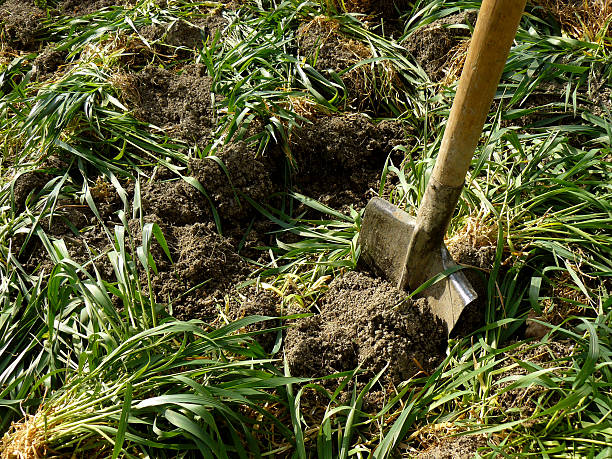
In this process, you can use organic fertilizers and bio-pesticides derived from natural sources – for example, bone meal, blood meal, etc.
2 Integrated Organic Farming
The integrated farming process generally consists of integrating pest management and nutrient management. It is done to achieve ecological requirements and also fulfill economic demands.
Methods of Organic Farming
It is important to note that organic farming produces crops through the natural process instead of using chemical-based fertilizers and pesticides. Note that organic agriculture’s primary purpose is to develop sustainable and eco-friendly enterprises simultaneously.
The most important thing to note is that organic farming benefits the env in various ways. It minimizes pollution, reduces soil degradation, focuses on biological productivity, and protects soil from erosion. So after knowing about all these benefits, you will also opt for them. This farming procedure will also improve soil fertility without causing any harm, like most conventional farming techniques.
In summary, you should accept organic farming to improve your health and for env protection.
Techniques of Organic Farming
Organic farming is beneficial not only to the farmers, but also to the land and crops. The method aims to cultivate the land and grow crops in such a way that the health of the soil gets improved by using organic waste. At the same time, it focuses on producing crops with a high nutrition level.
There are different techniques practiced for organic farming. The techniques include:
Crop Rotation
Crop rotation is a farming technique. Farmers generally cultivate different crops on a different land in this technique every year. On the other hand, they grow different crops in rotation, which helps maintain the soil’s health.
Crop rotation is a very beneficial farming technique. Yes, because it helps to replenish the soil naturally as different plants contribute different nutrients to the soil. By disrupting their habitat, this technique also helps control pests, insects, weeds, etc.
It is important to note that crop rotation is a key component of organic farming, where you can grow different crops in a sequence to maintain soil health. At the same time, it helps reduce pest and disease pressure. It also helps to improve nutrient uptake and control weeds.
Compost
Do you know compost is one of the best natural fertilizers which you can use in organic farming? It is nothing but recycled organic matter which is highly enriched with nutrients. Using it will help enhance soil quality and improve crop production.
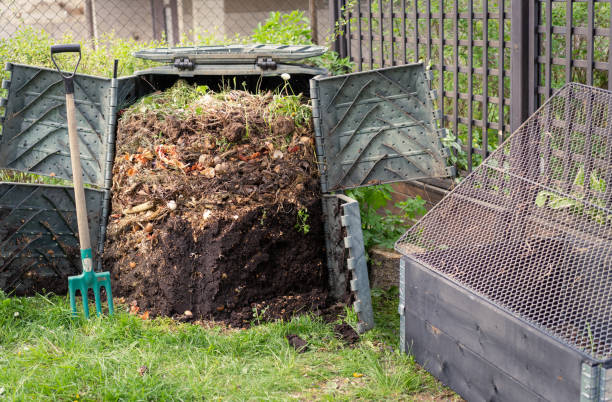
Organic farming is a method that will aim to produce crops without using synthetic pesticides, fertilizers, or genetically modified organisms (GMOs). Compost, a key component of organic farming. As it is a natural fertilizer which you can make from organic materials such as kitchen scraps, yard waste, and animal manure. Compost will also help to improve soil health, retain moisture, and reduce the need for synthetic fertilizers.
Green Manure
Green manure means the dying plants that are generally uprooted and turned into soil. It is an excellent option to use such plants. These plants act as additional nutrients to the ground as it helps to improve its fertility.

As you must be aware, green manure is a common practice in organic farming. It involves planting crops specifically for the purpose of enriching the soil with organic matter. These crops are then turned back into the soil to decompose and provide nutrients for future crops. This approach helps to maintain soil fertility and reduce the need for synthetic fertilizers and pesticides.
Crop diversity
This new practice, named – polyculture, is in trend these days. In polyculture, you can cultivate various crops simultaneously to fulfill the increasing demand for food items worldwide.
On the other hand, today’s traditional farmers generally practice monoculture – where they cultivate only one kind of crop in a particular location. The polyculture farming method helps produce necessary soil microorganisms to boost production.
One of the key principles of organic farming is crop diversity, as it involves planting a variety of crops in a single field to promote soil health and prevent pests and diseases. By diversifying crops, organic farmers can also improve the resilience of their farms to changing weather patterns and market conditions. This approach can also help maintain genetic diversity in agricultural systems, which is crucial for ensuring long-term food security.
Soil Management
Do you know that soil is the primary requirement of cultivation? The soil depletes its quality over time as it loses its nutrients after the cultivation of crops. In such a scenario, soil management is crucial to recharge the soil with the necessary nutrients.
Remember that the main objective of organic farming is to increase soil quality which you can achieve using natural ways. That is the reason why organic farming focuses on using bacteria which is present in animal waste. It will help increase the soil’s nutrient level – thus making it fertile for more production.
Organic farming primarily emphasizes the use of natural inputs and practices to grow crops. One of the key components of organic farming is soil management. Organic farmers focus on building healthy soil through practices such as crop rotations, cover cropping, and the use of compost and other organic amendments.
It is important to note that by maintaining healthy soil, organic farmers are able to promote the growth of healthy plants that are more resistant to pests and disease. Additionally, organic farming practices help to preserve soil biodiversity, reduce erosion and nutrient loss. All these help improve soil water-holding capacity, leading to long-term sustainability.
Controlling Pests Biologically
As you know, agricultural lands or farmlands are a home for many organisms. Some of these organisms are helpful for crop production. In contrast, others are quite harmful to the crop as they disrupt crop production.
Also, we need to control the growth and population of harmful organisms. It will help to maintain the soil fertility and protection of the crops. Hence, organic farmers can use mild ones having fewer chemicals or natural herbicides and pesticides to control pests biologically. At the same time, farmers can also sanitize the farm properly in order to control harmful organisms in the field.
Weed Management
Weeds are wild grasses or plants which grow unnecessarily along with the crops in agricultural fields. These weeds absorb most of the nutrients available in the soil and thus affect crop production and yield. That is why organic farming methods generally aim to reduce the growth of weeds instead of eradicating them.
Mowing, mulching, or cutting are two techniques farmers use for weed management in organic farming. Farmers use plant residue or plastic films on the soil surface in mulching. In the process, they block the growth of weeds.
Genetic Modification
We all know that the main focus of organic farming is to enhance crop production and soil quality through natural means. Therefore, you should not introduce genetic modification in the field. However, it is difficult to altogether avoid genetic modification in organic farming since modified crop pollen may be present in the seed stocks used.
In modern agricultural practices, chemicals such as fertilizers and pesticides are extensively used to meet the world’s food demands. The use of these chemicals leads to increased pollution of water streams and soil. Therefore, it is crucial to switch to alternative farming processes, such as organic farming, to promote the natural healing of the environment. Organic farming should be prioritized to decrease harmful chemicals and naturally strengthen soil quality.
Read related topics on plant nursery, water sprinkler, vegetable farm, outdoor plants UAE, sprinkler irrigation, types of farming, seeds and plants, plant nursery in Dubai, manual irrigation, tropical fruits, drip irrigation, ground water, sprinkler system, cruciferous vegetables, and more.
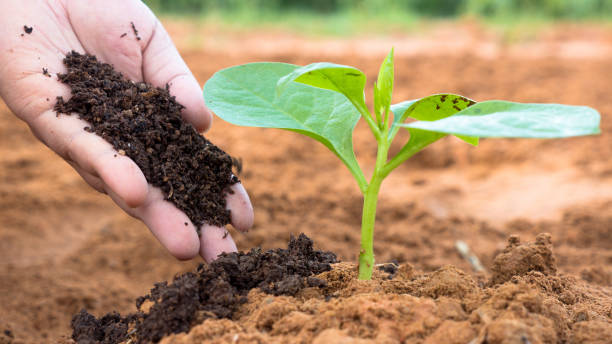
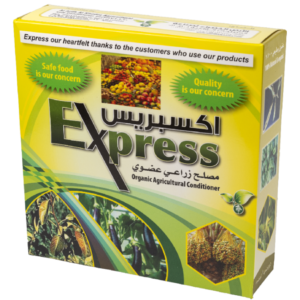
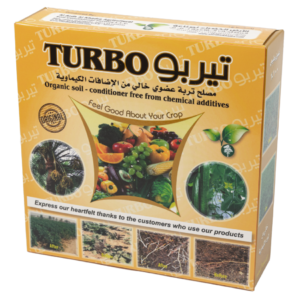
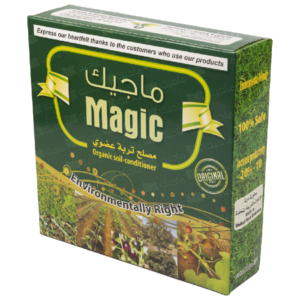

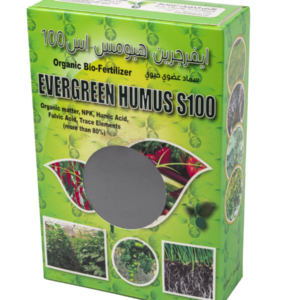
Leave a Reply